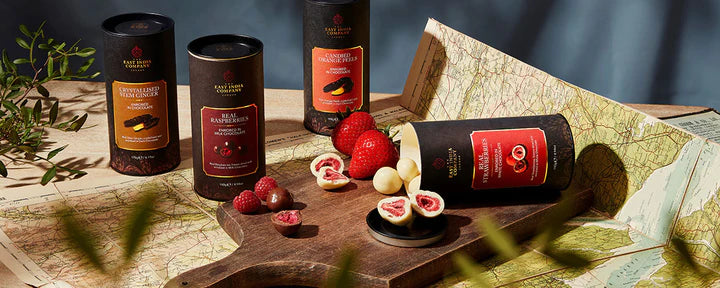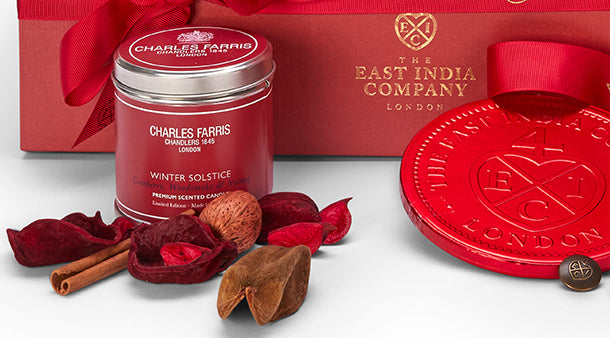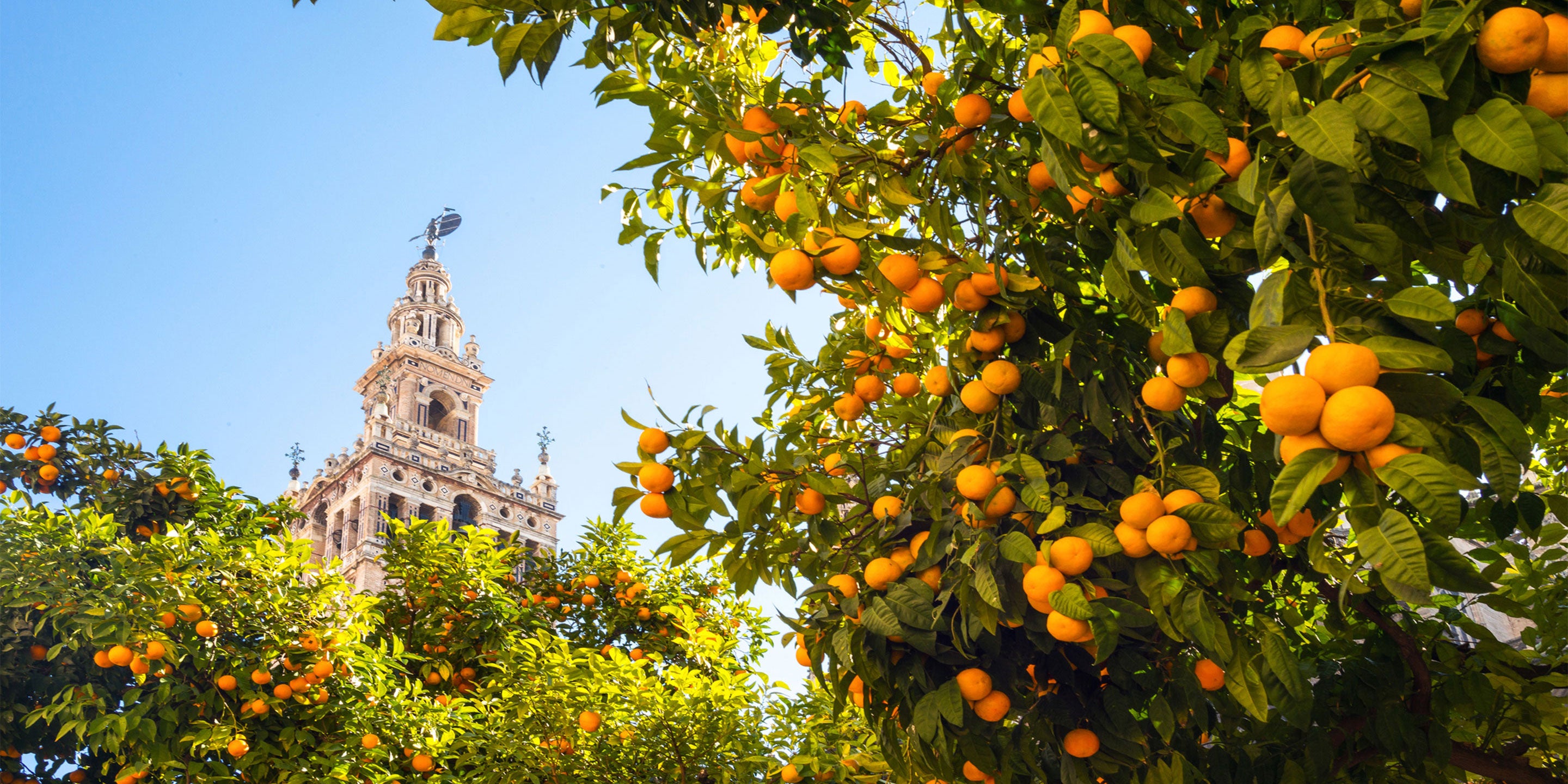Paddington Bear and the officers of the original East India Company had one thing in common – a love of marmalade on voyage.
Britain has long been famous for its marmalade. A breakfast tradition, in fact it dates back to Tudor times when it was a paste-like preserve made of quinces, brought to Britain by the Portuguese – the origin of the word being ‘marmelo’ or quince paste.
It was the Keillers in Dundee who in 1790 converted the whole doomed Seville orange cargo of a Spanish ship taking refuge from a storm, into a tangy preserve and so established the ‘modern’ marmalade industry.
Whilst the purpose of the intrepid East India officers' voyages to India and beyond was to trade and bring back new and exotic delights, they also took some home comforts with them with lasting legacy.
Marmalade made with Seville oranges was one of those home luxuries that travelled west to east, and is now enjoyed to this day in India, becoming a part of the breakfast tradition.
Today, it's still a perfect breakfast accompaniment or to pop between 2 slices of white, under the hat.
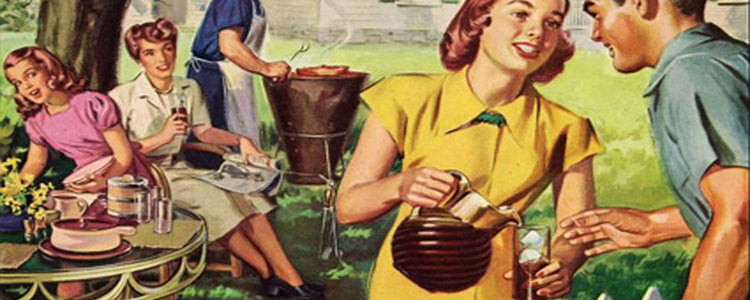
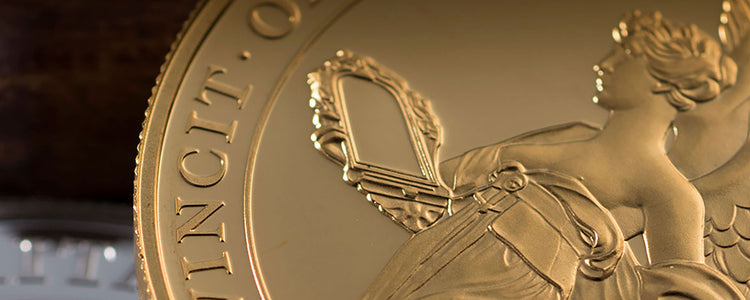
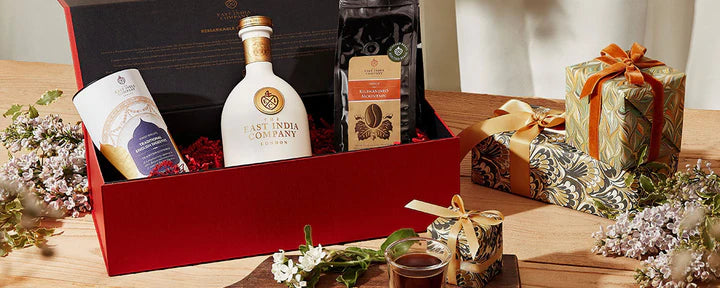
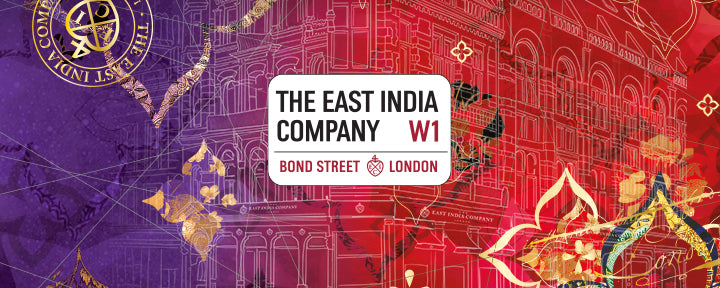
 Ceylon / Sri Lanka
Ceylon / Sri Lanka Assam, India
Assam, India Japan
Japan Taiwan
Taiwan Nepal
Nepal China
China Kenya
Kenya Egypt
Egypt South Africa
South Africa